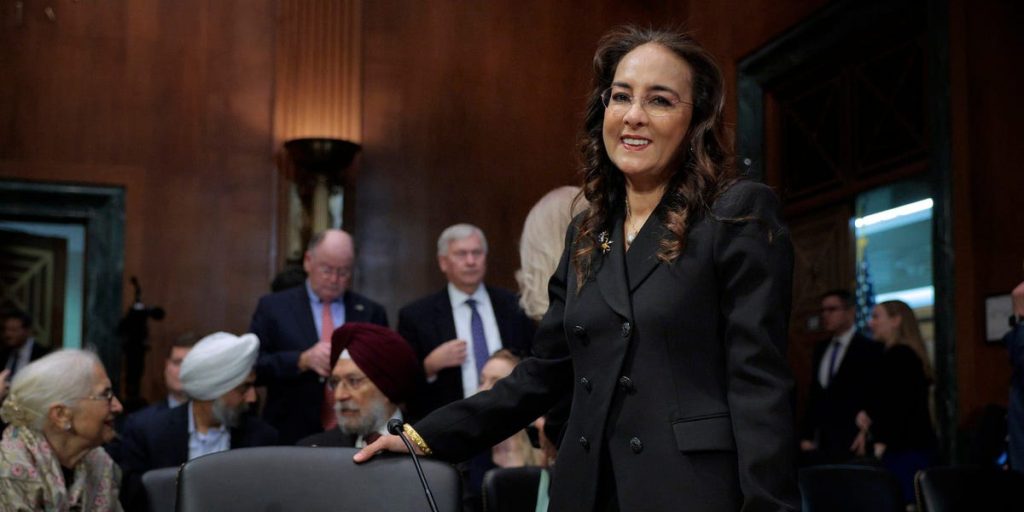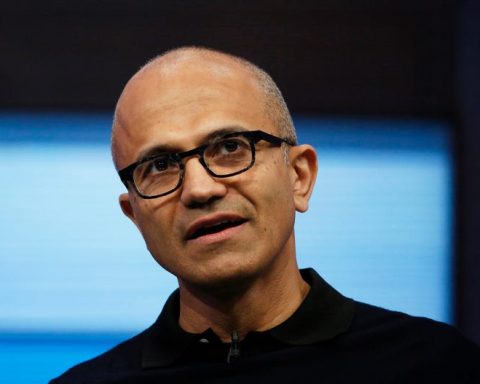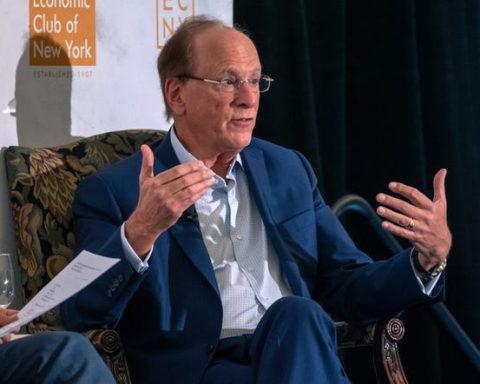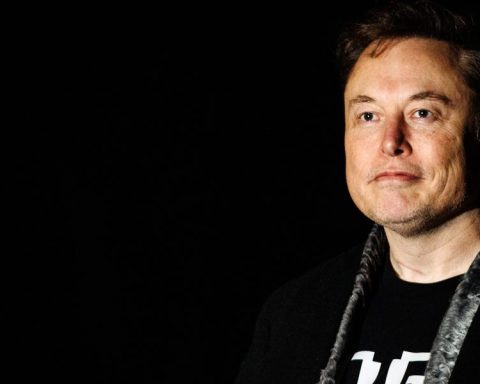Boycotters are organizing an economic blackout on Friday, February 28, to protest corporate corruption. The People’s Union USA is urging individuals to refrain from shopping at major retailers and to call out from work, if feasible. The extent of participation in the boycott and its potential impacts remain uncertain.
On the designated day, protestors aligned with the grassroots organization, the People’s Union USA, intend to initiate an economic blackout aimed at corporations. “Corporations and banks only care about their bottom line,” states the People’s Union USA website. “If we disrupt the economy for just ONE day, it sends a powerful message.”
For the entirety of February 28, the organization is encouraging individuals to abstain from making any purchases, whether online or in-store, from major retailers, as well as to refrain from spending money on fuel or fast food. If financial spending is essential, the People’s Union suggests supporting small businesses and utilizing cash transactions instead. “For one day,” the website emphasizes, “we show them who really holds the power.”
The initiative is led by John Schwarz, who describes himself on the website as “just a man who has lived through struggle, seen the truth, and decided to take action.” He asserts, “The system is designed to keep all of us trapped. That is why I started this organization. Because I believe we deserve better. Because I believe it is possible to break free from a system built to exploit us.”
Schwarz did not provide immediate comments when approached for further insights. In addition to the upcoming blackout, the People’s Union USA has planned more prolonged and focused boycotts in the future, including weeklong boycotts against Amazon, Nestle, and Walmart set to take place in March and April. They are also encouraging individuals to take the day off from work if they can do so without jeopardizing their employment.
It remains unclear how many people will partake in the economic boycott on Friday, and what kind of effects it may yield. Historically, certain boycotts have yielded short-term impacts or even backfired. For instance, after calls to boycott Goya Foods in 2020, following the CEO’s praise for then-President Donald Trump, the company’s sales reportedly increased due to a counter-movement by Trump supporters that promoted a “buycott” campaign encouraging purchases from Goya.
Research from the Kellogg School of Management at Northwestern University indicated that the “buycott effect overwhelmed the boycott effect,” temporarily boosting Goya’s sales. Conversely, some other boycotts have proven to be effective, depending on the motivations driving the protest. For example, in 2023, Bud Light experienced significant backlash from conservative circles following a brief collaboration with a transgender influencer; more than a year later, sales for Anheuser-Busch, the company behind Bud Light, continued to decline.









